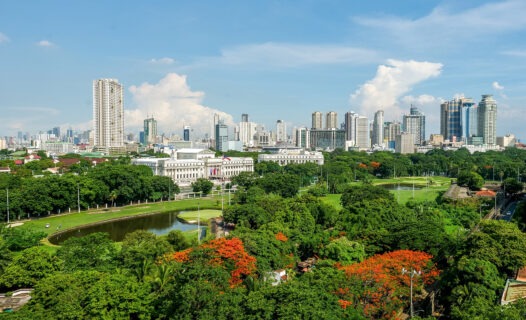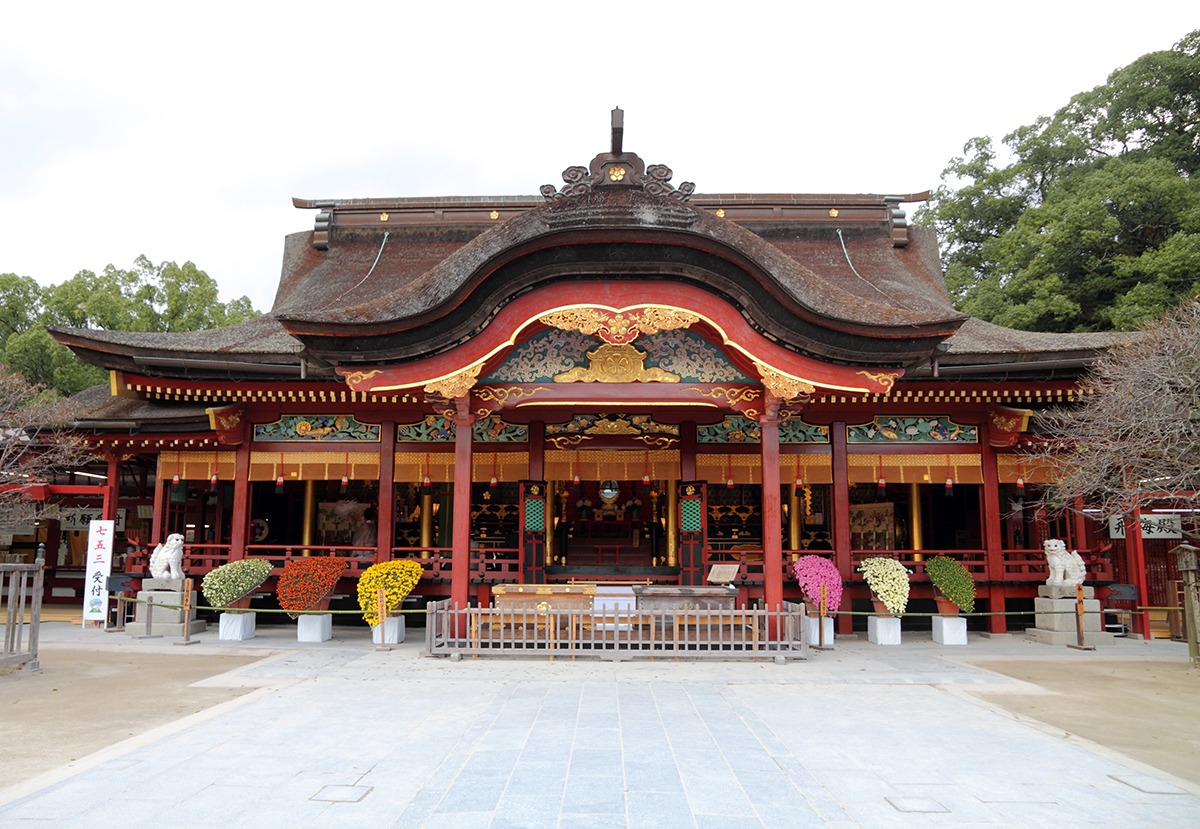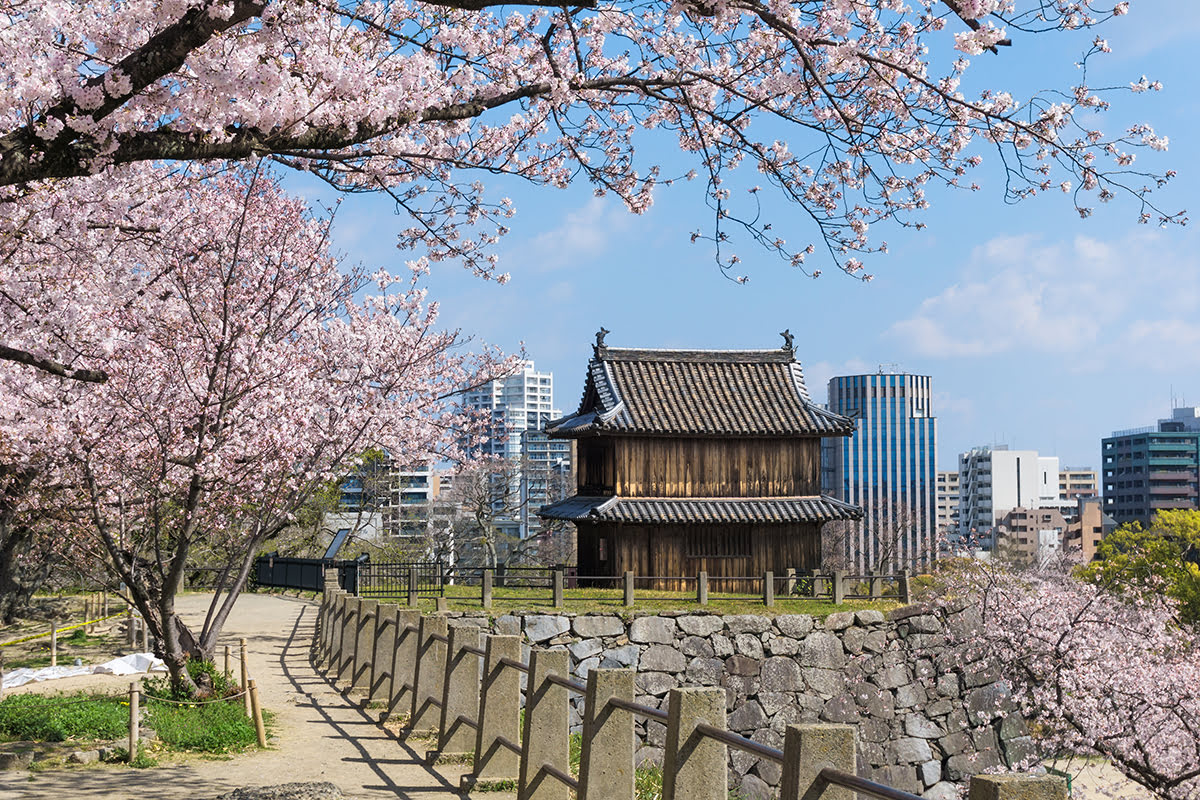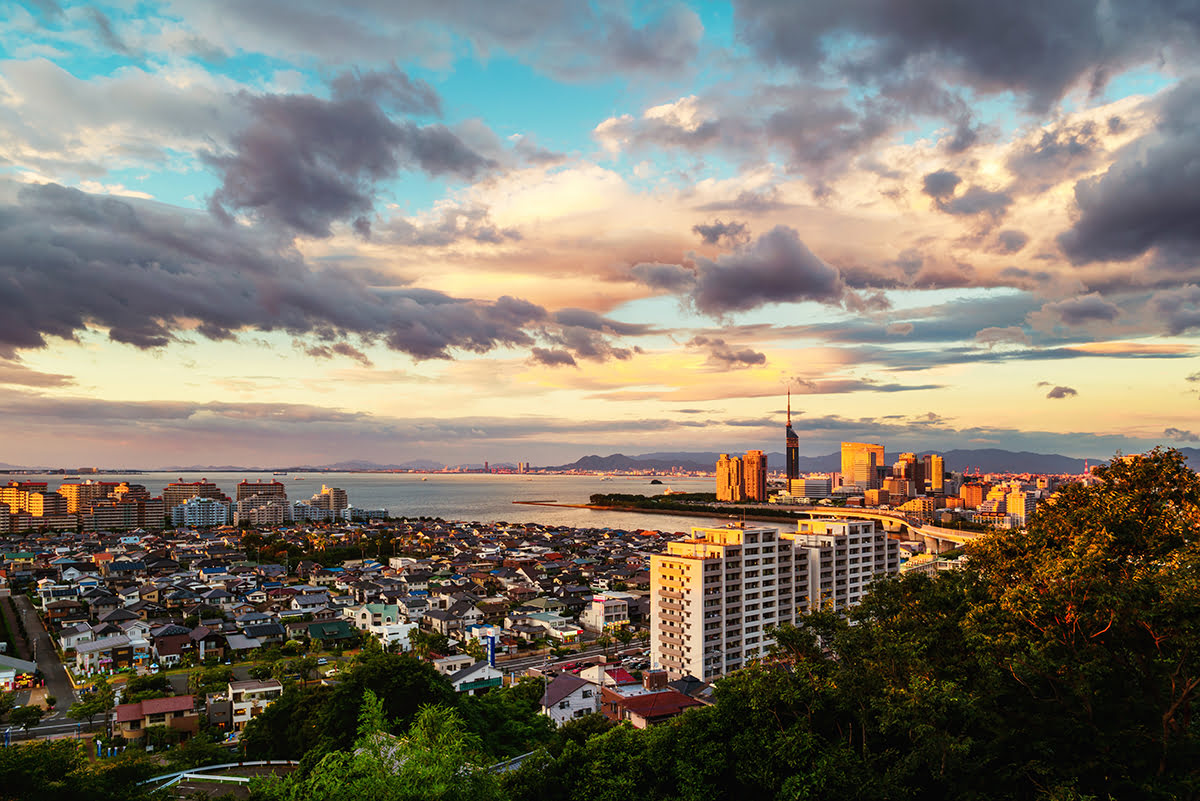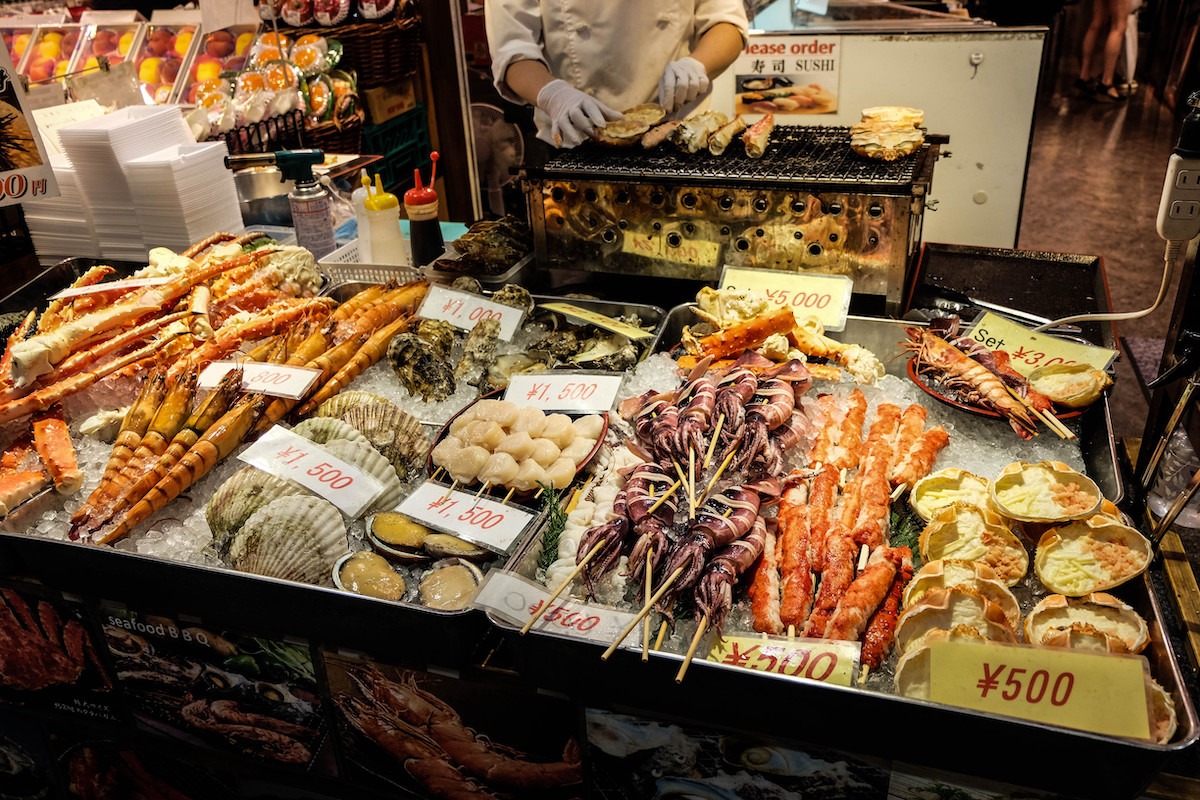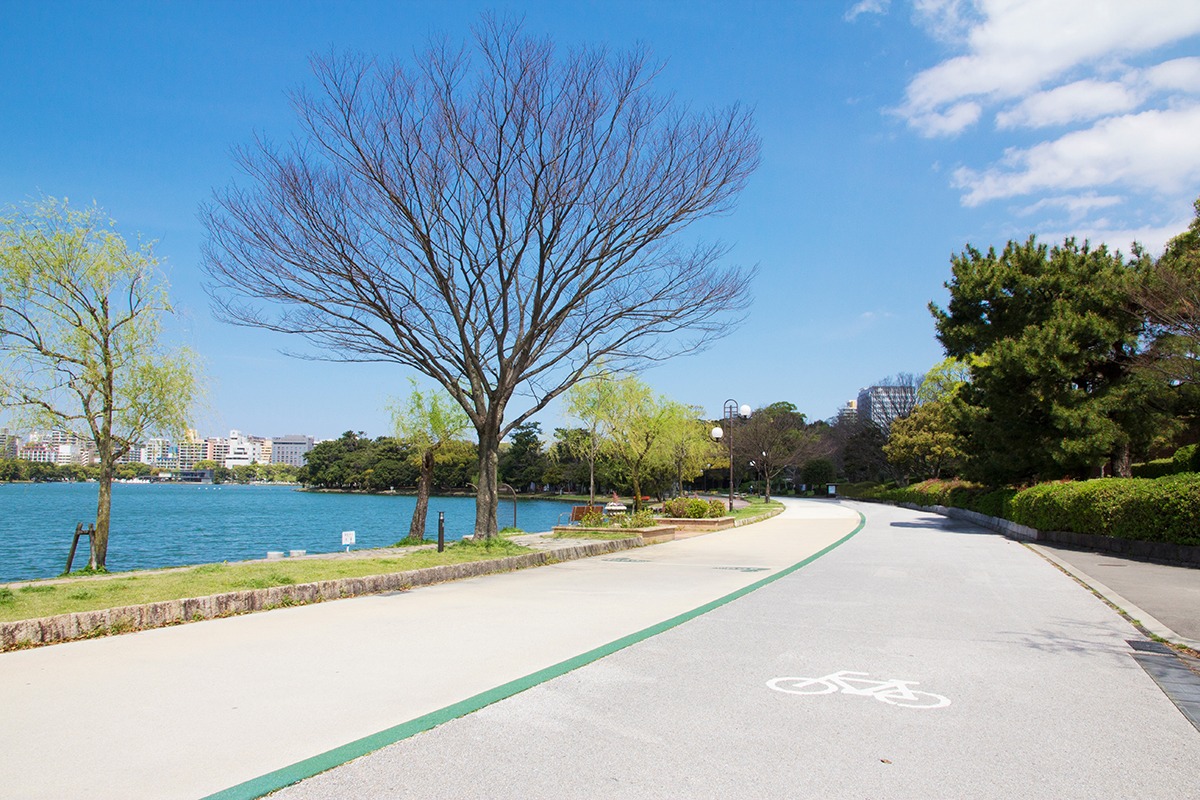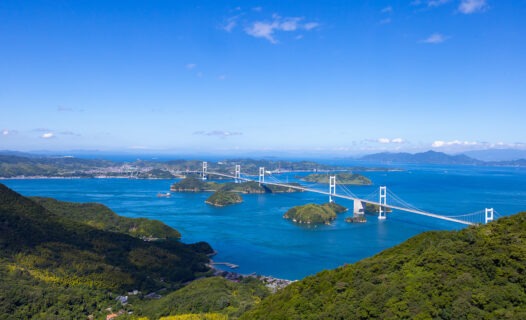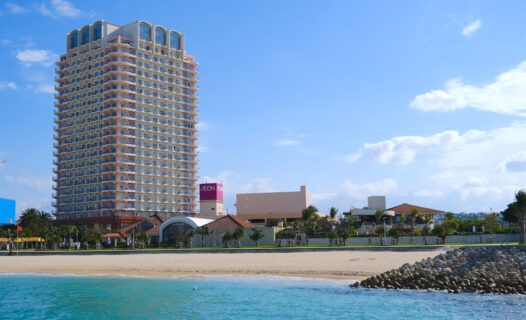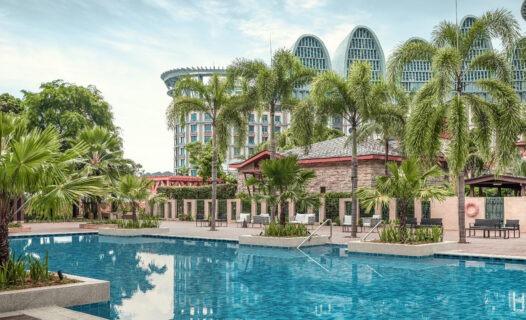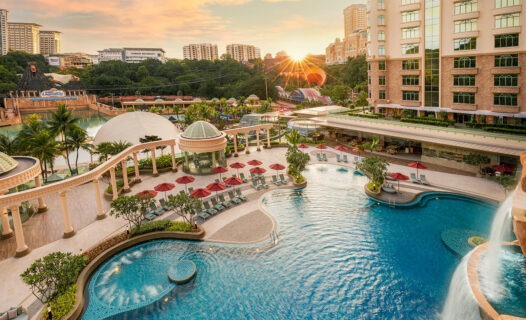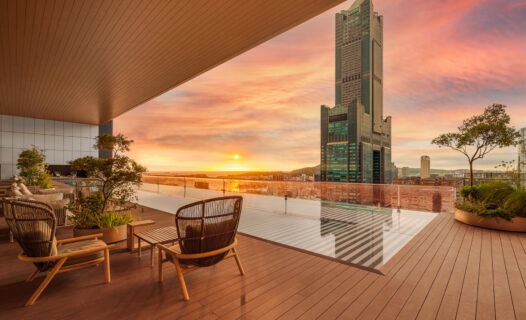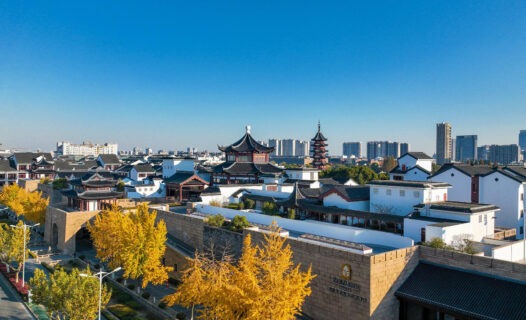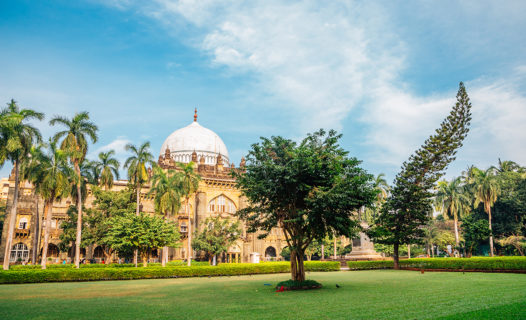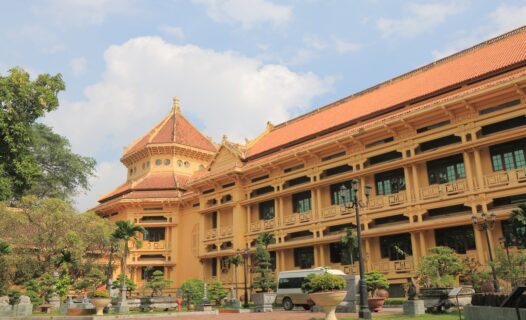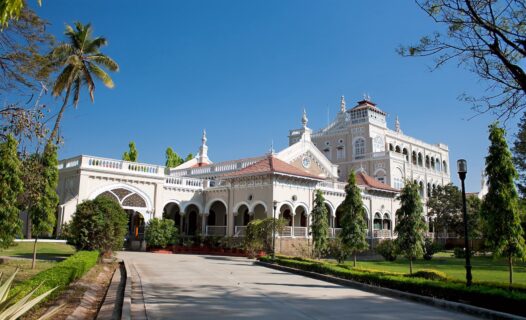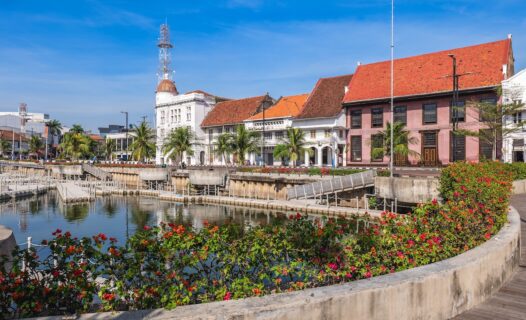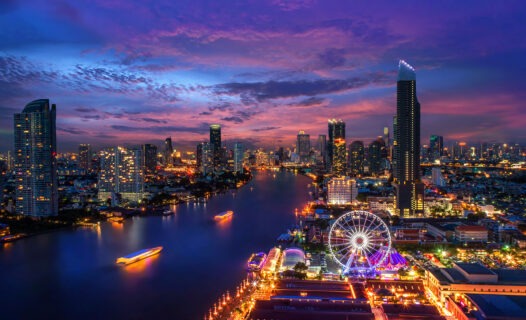Welcome to Fukuoka, a vibrant city on Japan’s Kyushu Island, known for its friendly locals, mouth-watering cuisine, and rich cultural heritage. Whether you're an adventurer, a foodie, or someone just looking for a relaxing getaway, Fukuoka has something for everyone. This travel guide is designed for free spirits who love to explore independently and immerse themselves in authentic experiences.
Getting to Fukuoka
Traveling to Fukuoka is a breeze, thanks to its well-connected Fukuoka Airport. From the airport, you can easily hop onto public transport or take a short taxi ride to your accommodation.
Where to Stay
& And Hostel
Conveniently located and offering easy access to major transport options, & And Hostel is an excellent choice for budget travelers. The hostel is modern and cozy, ensuring a comfortable stay.
Fukuoka Condominium
This condominium offers a mix of comfort and luxury, perfect for travelers looking for a homely stay within a short distance from key attractions.
Hostel TOKI
With its great central location and easy access to public transport, Hostel TOKI is a favorite among solo travelers and backpackers.
Day-by-Day Itinerary
Day 1: Historical and Cultural Immersion
Start your journey at the Dazaifu Tenmangu Shrine, a beautiful and historic site dedicated to the god of learning. Stroll through the serene grounds, admire the traditional architecture, and enjoy the tranquil atmosphere.
In the afternoon, head to the Fukuoka Castle ruins in Maizuru Park. Explore the remnants of this once-grand castle and take in the stunning views of the city from the observation deck.
End your day with a visit to the Fukuoka Art Museum, where you can enjoy a diverse collection of artwork spanning centuries.
Day 2: Culinary Exploration
No trip to Fukuoka is complete without indulging in its renowned cuisine. Start your day with a visit to Yanagibashi Rengo Market, where you can sample fresh seafood and other local specialties.
For lunch, head to one of Fukuoka's famous ramen shops. Hakata ramen, known for its rich pork broth and thin noodles, is a must-try.
In the evening, experience the unique dining scene at a yatai (street food stall). These open-air food stands offer a variety of delicious dishes, from grilled skewers to oden.
Day 3: Natural Beauty
On your third day, visit the Ohori Park – a beautiful and expansive park ideal for a relaxing stroll, a boat ride on the lake, or a peaceful picnic.
Next, head to Uminonakamichi Seaside Park, a large resort park filled with seasonal flowers, playgrounds, and even a small zoo. Rent a bike to explore the park at your own pace.
Wrap up the day by watching the sunset from Fukuoka Tower, where you can enjoy panoramic views of the city and the coastline.
Day 4: Shopping and Entertainment
Spend your fourth day exploring Fukuoka's shopping and entertainment districts. Start in Tenjin, the city's busiest downtown area, known for its department stores, underground malls, and boutique shops.
Afterwards, visit Canal City Hakata – a large shopping and entertainment complex with shops, restaurants, and cinemas, all set around a picturesque canal.
In the evening, dive into the lively nightlife of the Nakasu district, famous for its bars, clubs, and red-light area.
Day 5: Day Trip to Itoshima
Take a day trip to the coastal town of Itoshima, just a short train ride from Fukuoka. Known for its beautiful beaches, scenic landscapes, and vibrant arts scene, Itoshima is perfect for a relaxing getaway.
Visit the famous Sakurai Futamigaura, a picturesque spot with two “married” rocks connected by a sacred rope, and enjoy fresh seafood at a local seaside restaurant.
Top Attractions and Activities
Dazaifu Tenmangu Shrine
Dedicated to the god of learning, this shrine is a must-visit for its historical significance and beautiful grounds. Don't miss the opportunity to write your wishes on ema plaques here.
Ohori Park
This large and tranquil park is perfect for a leisurely stroll, boat rides, and picnics. The beautiful pond in the center of the park is surrounded by seasonal flowers and lush greenery.
Uminonakamichi Seaside Park
Spanning hundreds of hectares, this park offers a variety of seasonal flowers, playgrounds, and a small zoo. Renting a bike to explore the park is highly recommended.
Fukuoka Castle Ruins
Located in Maizuru Park, the ruins offer a glimpse into Japan's feudal past along with breathtaking views of the surrounding landscape from its observation decks.
Hakata Gion Yamakasa
This annual festival, held every July, features giant floats paraded through the streets of Hakata. It's a vibrant, historic event that draws large crowds.
Practical Information for Travelers
Transportation
Fukuoka has a well-connected public transportation system, including buses, subways, and trains. The Fukuoka Tourist City Pass offers unlimited travel on buses and subways for a day, making it easier to explore the city.
Best Time to Visit
Fukuoka is great to visit year-round, but the best times are spring (March to May) and autumn (September to November) when the weather is mild and the landscapes are particularly beautiful.
What to Pack
Depending on the season, pack comfortable walking shoes, layered clothing, and a good camera to capture the beautiful sights. Don't forget a power adapter for your electronic devices.
Language Tips
While Japanese is the main language, many signs in Fukuoka have English translations, and younger locals often understand basic English. Learning a few Japanese phrases, such as "Arigato" (Thank you) and "Sumimasen" (Excuse me), can enhance your travel experience.
Local Etiquette
Respect local customs by being polite, removing shoes before entering homes, and speaking softly in public places. It's also customary to bow as a sign of respect.
Culinary Deep Dive
Fukuoka's cuisine is diverse and delicious. Besides Hakata ramen, try Mentaiko (spicy cod roe), Mizutaki (chicken hot pot), and fresh seafood from the local markets. Visit restaurants like Ichiran for an authentic ramen experience and Kawataro for fresh seafood straight from the tank.
Festivals and Events Coverage
Fukuoka hosts several festivals throughout the year. The Hakata Gion Yamakasa in July features vibrant parades with giant floats. The Hakata Dontaku festival in May is one of Japan's oldest festivals, known for its lively performances and parades.
Sustainability and Conservation Focus
Fukuoka promotes eco-friendly travel. Many parks and attractions emphasize sustainability. Be sure to respect local conservation efforts by minimizing waste and following guidelines for recycling and composting.
In conclusion, Fukuoka offers a unique blend of modern attractions, historical sites, and culinary delights that cater to independent travelers seeking authentic experiences. Whether you're wandering through serene parks or indulging in street food, Fukuoka promises an unforgettable journey.
